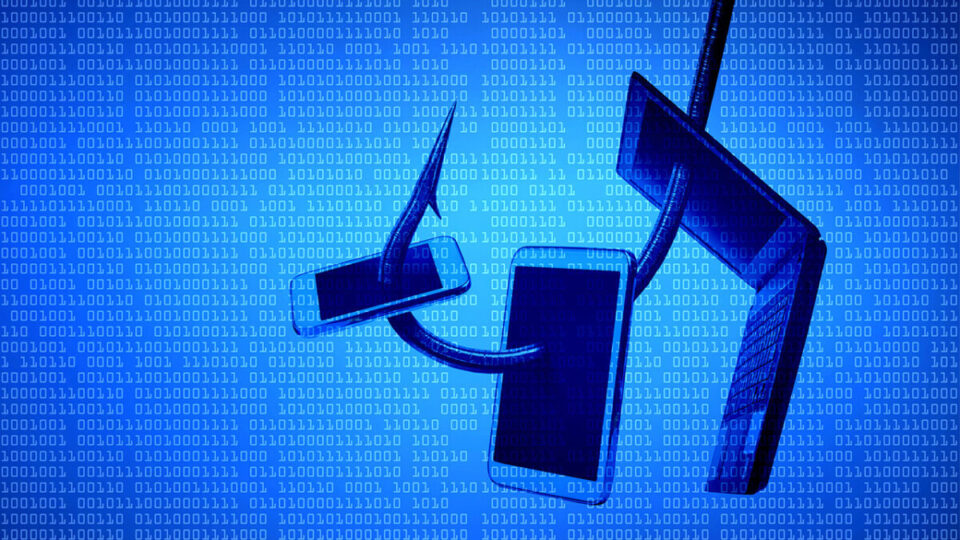There is a common misconception that the older generation, a demographic who typically boast less hands-on experience with the use of new technologies, are the prime targets for digital-based online scams. However, data recently published by Atlas VPN strongly suggests otherwise.
Data analysed by the Atlas VPN team discovered how Millennials and Gen Zers in the United States are more prone to falling for the tricks and traps of phishing emails than their older counterparts. In total, more than one-fifth (23%) of people from Gen Z and the Millennial generation have fallen victim to phishing emails in the past.
Gen Zers and Millennials are followed by Generation X – the generation born between the mid-1960s and the early-1980s – with figures detailing how a total of 19% of this demographic have been fooled by email phishing scams in the past. On the other hand, Baby Boomers, otherwise known as the generation born between 1946 and 1964, were found to be less susceptible to phishing attacks; with the data suggesting that only 9% of them had previous direct experience of them.
In addition to phishing scams, Gen Z and Millennials were also found to be the most vulnerable to other types of cybersecurity threats. Just over half (52%) of people from these generations have had a password stolen or at least know someone to whom this has happened, while 48% have also had a social media account hacked or hijacked.
“While younger generations are more tech-savvy, they are also very accustomed to doing everything online — from communicating with friends to shopping or conducting financial transactions,” says Ruth Cizynski, Cybersecurity Researcher and author at Atlas VPN. “This daily use of the Internet from a young age makes them less cautious about engaging online or giving out their personal information.”
To counteract this rise in digital scamming, the level of spending dedicated to cybersecurity is expected to reach a record $223.7 Billion by 2024.
Americans Feel Safer Online at Work Than at Home
Having experienced cyberattacks in the past, many Americans now worry about their online privacy and data security. Surprisingly, they feel safer while using the internet at their workplace than in their own home.
Only 32% of adults in the country fret about their data and security when using the internet at work. Privacy is a concern for 36% of adults. The number of worried Americans nearly doubles when it comes to using the internet at home. Overall, 64% of American adults said they are uncomfortable browsing the web at home, while 62% are worried about their data and security.
Of all environments, however, the majority of Americans worry about their data and privacy when using a public WiFi. Privacy on a public WiFi is a concern for 70% of Americans, and data security is a concern for 69% of Americans.




